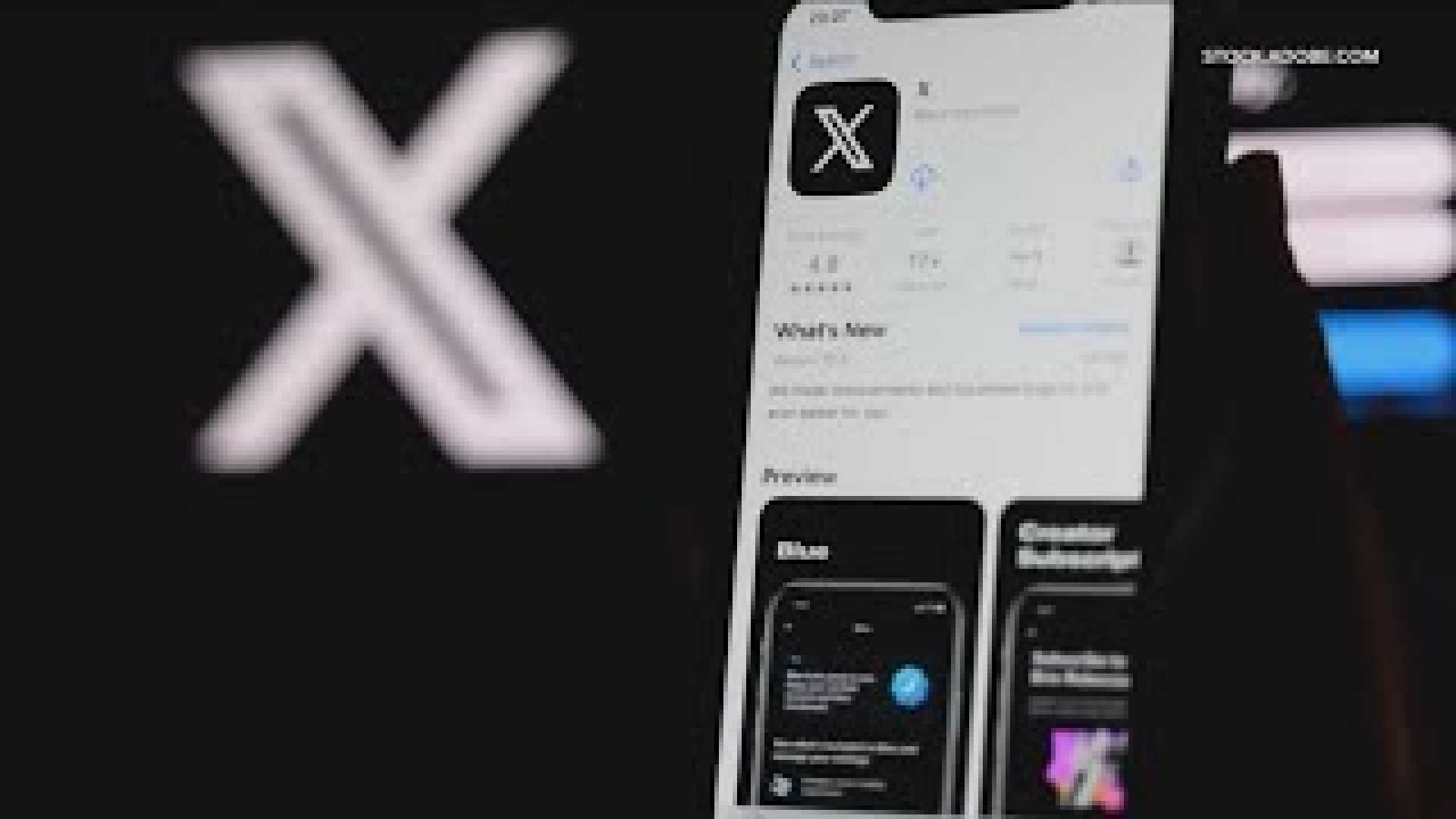Tech
Controversial Update to X’s Blocking Function Sparks User Outrage

Social media platform X, formerly known as Twitter and owned by tech mogul Elon Musk, is preparing to roll out a controversial modification to its blocking function. This update will allow accounts to continue viewing posts from users who have blocked them, a decision that has already drawn widespread criticism from the platform’s user base.
According to an announcement from X’s engineering team made on Wednesday, public accounts will be affected by this change. While a blocked user will no longer be able to engage with the posts of the individual who blocked them, they will still have the ability to view these posts. This contrasts with the current block function, which prevents blocked users from both viewing and engaging with the blocker’s content.
Proponents of the update argue it enhances “greater transparency” by permitting users to see if those who have blocked them are disseminating harmful or private information about them. Despite this claim, the change has been lambasted across the platform, with many users expressing dissatisfaction and concern over potential harassment. In various posts—some receiving tens of thousands of likes—users have argued that the block feature is being rendered ineffective, potentially empowering malicious actors.
Users have voiced apprehensions that, despite the engagement restrictions, accounts they have blocked could still publicly harass them by taking screenshots of still-viewable tweets and sharing them elsewhere. Elon Musk defended the upgrade last month, stating it was necessary, although it was met with a new wave of criticism from users fearing that future harassment might become inevitable.
Despite his previous musings about the block function being “deprecated,” Musk has not yet eliminated it entirely. In August, he described the ability to block as “strange.” These statements have continued to stir discord within the X community and beyond.
In response to the backlash, Bluesky, a decentralized social media competitor striving to rival X, highlighted its own commitment to maintaining robust blocking and “muting” features, although it currently boasts a considerably smaller user base.
The upcoming alteration differentiates between blocking and muting on social media platforms. Blocking prevents users from liking, replying, or reposting a blocker’s posts, while also precluding mutual following. In contrast, muting removes an account’s posts from a user’s feed without blocking or unfollowing them, though it does not stop direct messages or interaction mentioning the muted user—a practice more discreet than blocking.
Elon Musk has expressed that blocking hinders communication and has advocated for a stronger form of mute—a system he feels could effectively reduce spam, an increasing problem on X. The potential elimination of the block feature could pose compliance challenges regarding the app store policies of giants like Google and Apple, which allegedly necessitate such functions on social media platforms.
These changes are part of Musk’s broader transformation of X since acquiring the company for $44 billion two years ago. They include the rebranding of its name and the controversial introduction of a subscription-based verification model. This blue checkmark strategy, among other policies, has faced significant backlash, with users protesting the dilution of the mark’s authenticity as it became a purchasable symbol rather than an indicator of verified identity.












